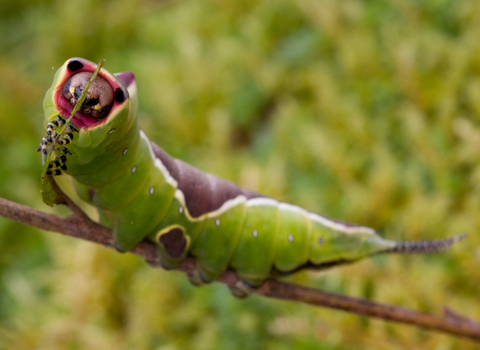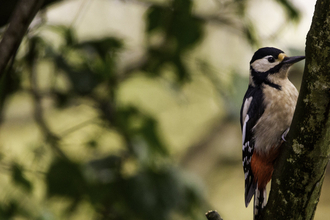Insects are the most successful creatures on earth. They were here before the dinosaurs and there are now over 800,000 different species across all continents!
A complicated life
Insects have a really interesting life cycle, with either three or four stages. They lay eggs which hatch into larvae (like caterpillars), which will eat lots before turning into a pupa (like a cocoon or chrysalis). The pupa stage acts as a shell that keeps the insect safe as it changes shape inside, eventually hatching as an adult (like a butterfly). This change is called metamorphosis. Some insects have a nymph stage instead of the larva and pupa stages.
Despite their name, mayflies don’t just fly in May! They can be seen all summer.
So how long do they live?
The simple answer is a range from hours to decades! A mayfly will only live for around 24 hours in adult form but a termite queen in Africa can live for up to 50 years! Most insects live for less than a year because they are cold blooded and don’t survive winter. Ants have different life expectancies depending on their role in the colony. Male drones only live for a week or two, workers will live for up to a year and a queen can live for decades. House flies can live for 15-25 days depending on the temperature and how much food they find.
Hidden lives
Some insects can live for a long time in the nymph stage of their life cycle, hidden out of sight, before they become adults. One species, a mostly tropical bug called the cicada, is an extreme example. Some cicadas are only above ground for around one month, but their nymphs can spend 17 years underground maturing into adults before emerging all at once! In the UK, mayfly nymphs are hidden underwater for up to two years before they appear as an adult that might only fly for a few hours. There are even parasitic wasps that lay eggs in spiders, so the young wasp does all its growing inside the spider, eating its way out – freaky!
Some caterpillars can grow 10,000 times bigger in just a few weeks!






